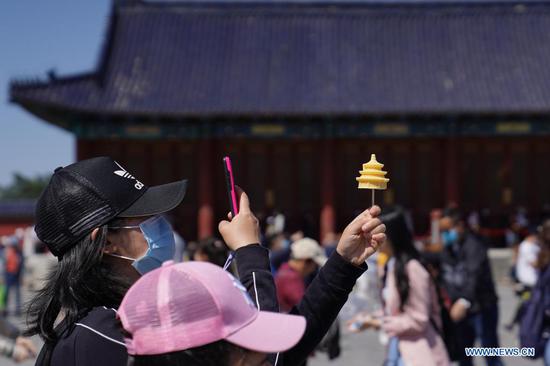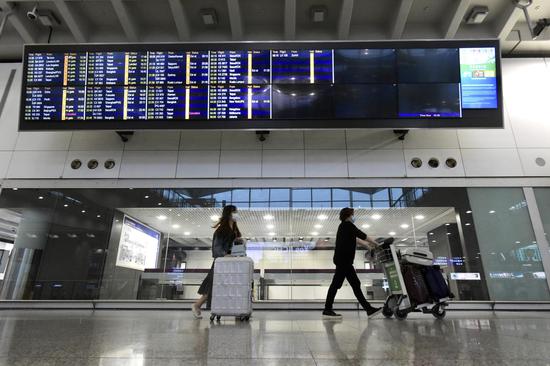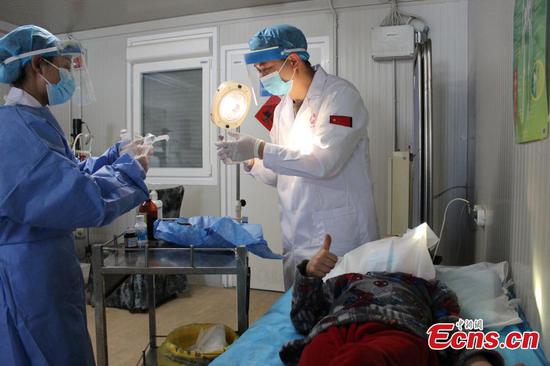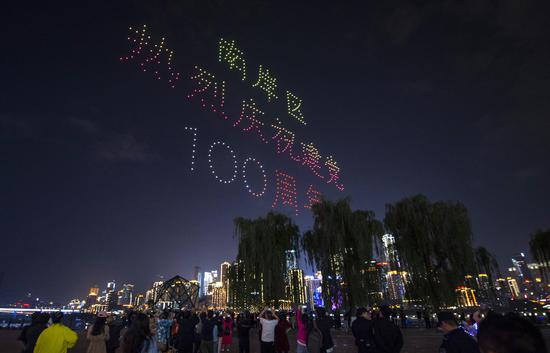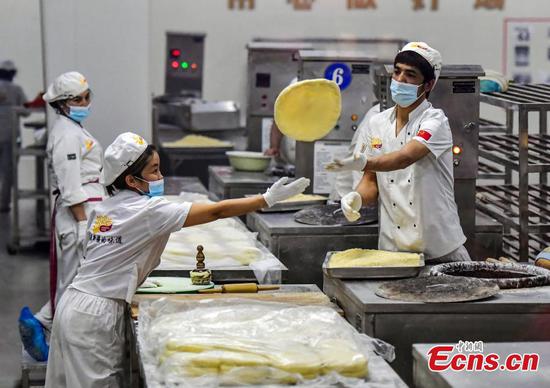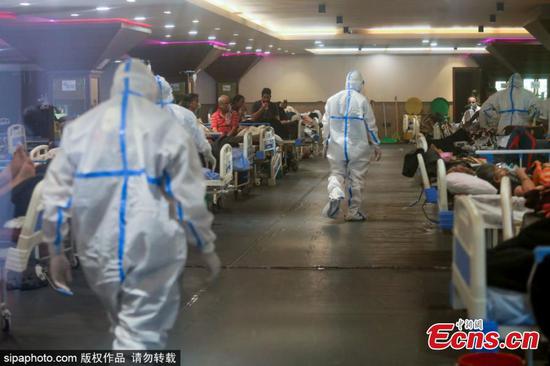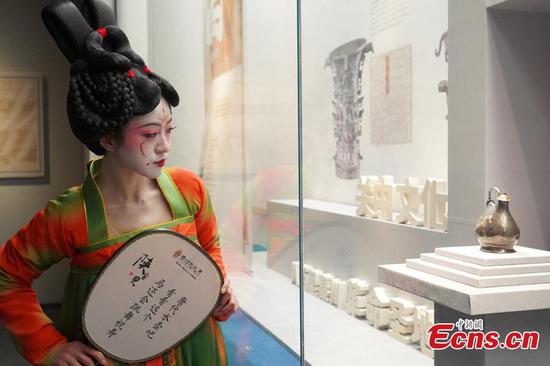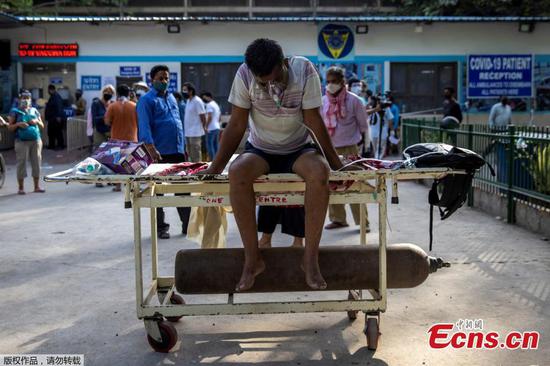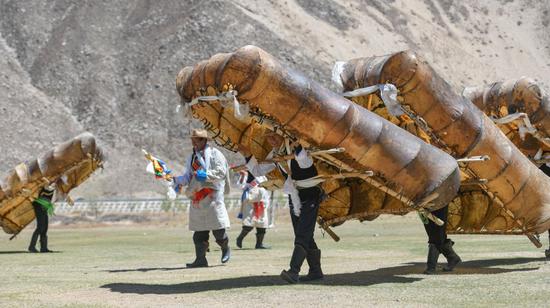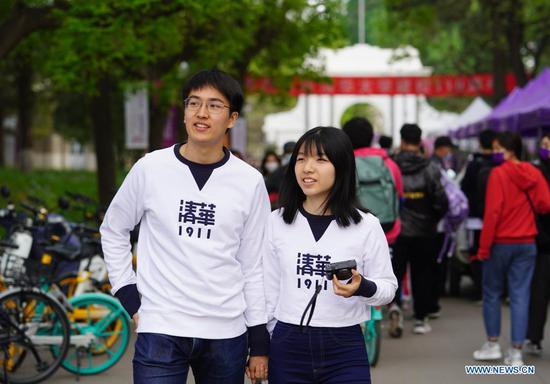On the occasion of Hand Hygiene Day, the World Health Organization (WHO) called on Wednesday to reduce hygiene inequalities between high- and lower-income countries, as a survey showed that patients living in poorer countries were twice as likely to be infected during health care than in richer countries.
As COVID-19 brought once more hand sanitization as an essential health practices, the WHO said that inequalities between richer and poorer countries affected the ability of exercising proper hand hygiene.
WHO's survey showed that in low-income countries, only one in ten health workers had correct hand hygiene practices while caring for high-risk patients -- often because of a lack of facilities.
For this reason, patients living in poorer countries had a risk of 15 percent to be infected during health care, twice as likely as patients in richer countries, which stood at seven percent.
Furthermore, the risk of infections in intensive care units was between 2 and 20 times higher, especially among newborns.
Concerning facilities, a previous report by the WHO, released in 2020, showed that one in four health facilities globally lacked basic water services and one in three lacked hand hygiene supplies.
The Geneva-based organization said that infections affected millions of people in the world, nine million yearly in Europe alone, and that practices of integrated primary care could diminish the number of infections.
Hand hygiene would be part of this process, but the WHO warned that not all countries "have equal opportunities to put in place the appropriate systems and the right practices to avoid suffering from these infections."









